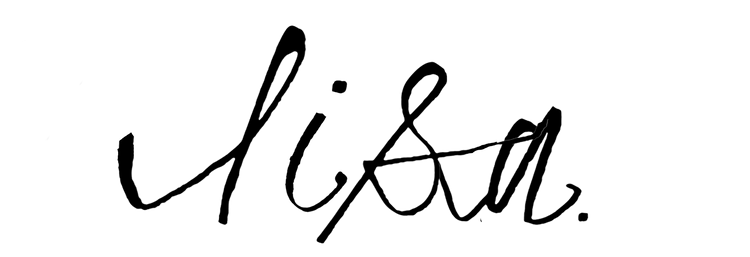We’ve spoken about GUILT a few times on the podcast. First with Giselle Gelzan and second as MOM GUILT with Alana Rivera. GUILT is of course one of my favorite emotional states to talk about because so much of what we know about guilt stems from Freud. And Freud for better or worse, is endlessly fascinating. We’ve covered the Freudian perspective on guilt in relation to the id, ego, and super ego and for a deeper dive on that, listen to episode 15 with Giselle Gelzan, but what seems to carry over from Freud to most modern perspectives on guilt is that guilt is a symptom. Freud would say that guilt is what causes all of our symptoms and it acts as the manifestation of conflict between the id, our desires and the pressure of perfection of the superego. According to Freud the constant conflict that causes guilt is what leads to symptoms like depression, anxiety, personality disorders and even phobias and substance abuse. But when we step away from this medical/disorder type model, guilt as a symptom in the greater sense really holds some weight.
In terms of neuroscience, guilt involves neural networks in the frontal and temporal parts of the brain. Scientists have found that in a state of guilt there is activity in the amygdala - essential to our ability to feel emotions and perceive emotions in others and frontal lobes but not a tremendous amount of activity in both brain hemispheres. Researchers concluded that this lack of hemispheric involvement points to guilt being purely linked to a person’s learned social standard and not incredibly complex in terms of brain function - which is quite a detour from other emotional states. The neural nature of guilt seems to weigh heavily on morality.
It can be said that guilt is functionally designed to protect us against doing harm to those that mean the most to us. Our family, friends, and loved ones. Guilt serves the evolutionary purpose of keeping those close to us safe. At its most primitive, guilt is an emotion of survival.
When it comes to morality and a pressure to adhere to social standards, Freud would say that this is the superego at play. What I appreciate about Freud’s perspective in terms of morality is that he reminds us that the superego is not all good. Freud warns that we fall ill of our own moral ideals and we should question those moral ideals with the same weight that we question our drives. Meaning that guilt can result from actually making good choices for ourselves and taking action to change. Sometimes this change causes hurt or discomfort to others and sometimes this hurt or discomfort is the result of a very specific social standard. We see this in MOM GUILT, perpetuated by the patriarchy as a made up ideal as to what a mother looks like, provides, says and does. Any choice outside of this, while perhaps even healthy for the mother and child can perpetuate feelings of guilt.
This duality is similar to how anger can inform us of injustice and provide us energy to resist and persist, guilt can also provide us with a kind of motivation for action and change. The key to accessing this duality of guilt is to proceed with curiosity.
Thank you foe being here.
Listen to this episode here.

Leave a comment